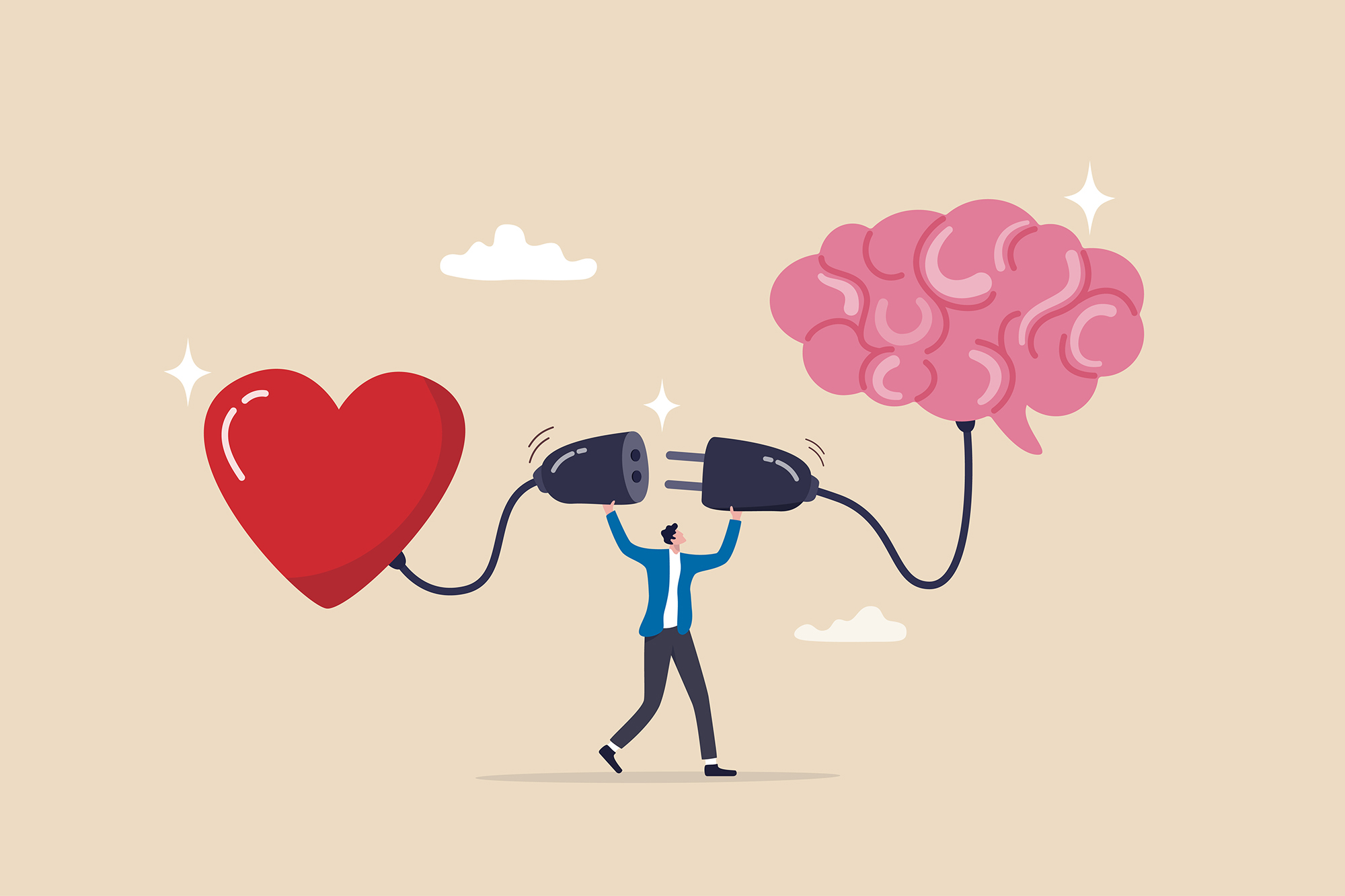
The Emotionally Intelligent Teacher
Emotional intelligence is comprised of four components.
- Self-awareness
- Self-regulation
- Social awareness
- Relationship Management
These components of emotional intelligence are essential skills for leaders, teachers, parents—anybody who works with people! Here are 4 tips on how to improve emotional intelligence in the classroom.
1. Self Awareness: Become aware of how we’re feeling
Am I feeling angry? Upset? Frustrated? Chances are high that my response may not be helpful right now. Often we’re so caught up in the moment that we don’t pause to consider how we’re being affected. Yet this is vital to responding well.
2. Self Regulation: Regulate our own emotions
Take care of yourself in a way that gives you the best chance of strong self regulation throughout the day. The HALTS acronym isn’t just for kids! When we are Hungry, Angry, Lonely, Tired, or Stressed, it’s much more difficult to regulate ourselves.
3. Social Awareness: Show empathy
Empathy is feeling their emotion in your heart. When you demonstrate that you get how it feels to be them, they’re more likely to listen to you. When they feel judged, they’re more likely to be defensive and turn away.
4. Relationship Management: Challenging student? Or student with a challenge?
Once we put into practice self-awareness, self-regulation, and social awareness, we start to see that we’re not dealing with a challenging student, but rather helping a struggling student deal with a challenge. Instinctively we work with them to figure out a solution, rather than relying on threats or punishment to obtain compliance.
Learning how to be emotionally intelligent is a big challenge for kids (and adults), but with practice it becomes a vital skill that improves relationships, wellbeing, and life.
Want to know more about how Dr Justin can help you to create more emotional intelligence in your classrooms, teams, or whole school? Talk to Caroline about booking Justin for his Emotionally Intelligent Teacher keynote and/or workshop.
